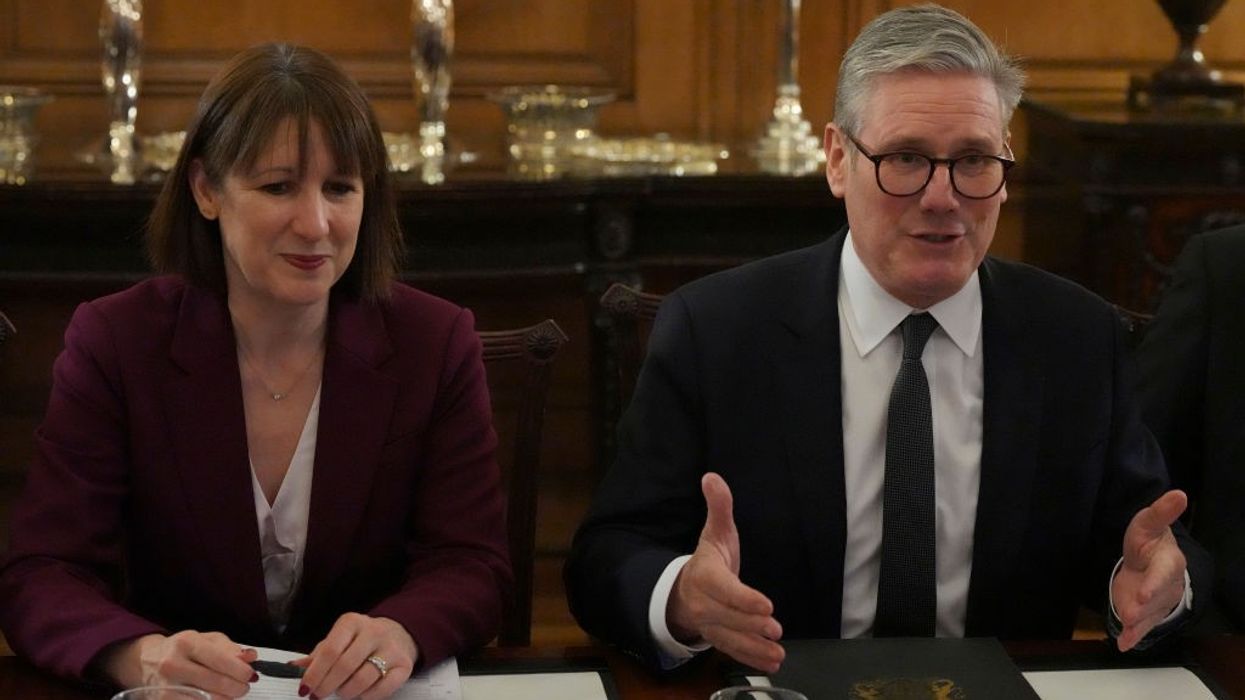PAYMENTS REGULATOR will be abolished and its remit absorbed by another financial regulator, the government said on Tuesday (11), as it aims to cut red tape in favour of growth.
The Payment Systems Regulator (PSR), which oversees systems including MasterCard and bank transfers, tackles problems such as fraud, excessive fees and lack of competition among banks and payment providers.
The government said its decision to axe the PSR followed businesses complaining that the UK's financial regulatory system was overly complex due to the country's three financial regulators - the Financial Conduct Authority (FCA), the Bank of England's Prudential Regulatory Authority and the PSR.
Prime minister Keir Starmer said the move is the latest step in the government's efforts to stimulate the economy and increase living standards for working people.
"For too long, the previous government hid behind regulators – deferring decisions and allowing regulations to bloat and block meaningful growth in this country," Starmer said. "And it has been working people who pay the price of this stagnation."
According to a statement, businesses have complained that the current regulatory framework is overly complex, with payment system companies having to engage with three different regulators. This complexity has been particularly burdensome for smaller businesses trying to grow, as they face disproportionately higher costs.
Chancellor Rachel Reeves stressed the government's commitment to reducing regulatory obstacles.
"The regulatory system has become burdensome to the point of choking off innovation, investment and growth. We will free businesses from that stranglehold, delivering on our Plan for Change to kickstart economic growth and put more money into working people's pockets," Reeves said.
Government clarified that no immediate changes will occur to the PSR's remit or ongoing work. The regulator will retain its statutory powers until Parliament passes legislation to implement these changes. In the meantime, the PSR and FCA will work together to ensure a smooth transition of responsibilities while maintaining market competitiveness.
This move follows several earlier deregulatory measures, including lifting the onshore wind ban, introducing the Planning and Infrastructure Bill, launching a review of the water sector, setting financial services regulators on a growth agenda, and initiating a review of all environmental regulations.
Labour's focus on regulatory reform was highlighted in a recent speech by Starmer at the International Investment Summit, where he called for regulatory regimes to be updated for the modern age.
Also, the prime minister, chancellor and business secretary have asked regulators to propose at least five reforms each that would boost economic growth. Chancellor subsequently held meetings with regulators in January to scrutinise these proposals.





